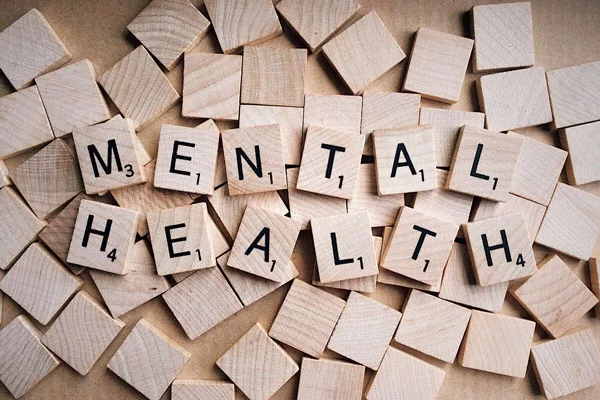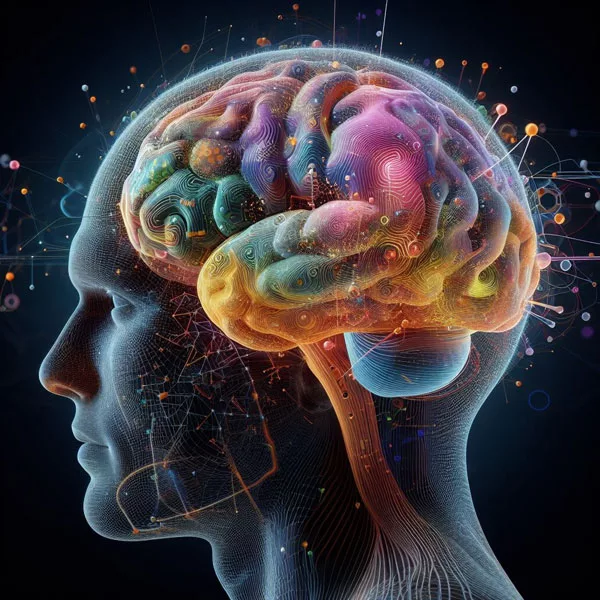Mental Health in Retirement: A Comprehensive Guide to Well-Being for Seniors
Table of Contents
Introduction
Mental Health: Ah, the elephant in the room that everyone knows is there but no one wants to talk about. Especially when you’re in your golden years, the focus often shifts to physical ailments like arthritis or heart issues.
But let’s not forget, your noggin needs some TLC too! So let’s dive into why mental health is the unsung hero of a fulfilling retirement.
Why Is Mental Health Important?
The Connection Between Mental and Physical Health
You know the saying, “A healthy mind in a healthy body”? Well, it’s not just a catchy phrase; it’s science! Studies show that poor mental health can lead to chronic physical conditions. Stress, for example, can contribute to heart disease. So, taking care of your mind is like hitting two birds with one stone!
The Impact on Relationships and Social Life
Ever tried socializing when you’re down in the dumps? Yeah, not fun. Your mental state can affect your social interactions, making retirement feel less like a never-ending vacation and more like a solitary confinement.
The Role in Overall Quality of Life
Imagine enjoying a sunset or the smile of a grandchild. Now, imagine not feeling any joy from those things. That’s what poor mental health can do. It can rob you of life’s simple pleasures.
The Common Mental Health Issues Among Seniors
Depression
It’s not just “feeling blue”; it’s a medical condition that requires attention. And no, you can’t just “snap out of it.”
Anxiety
Ever felt like you’re on edge for no reason? That could be anxiety knocking on your door.
Cognitive Decline
We’re not just talking about forgetting where you left your keys. Cognitive decline can seriously affect your ability to live independently.
How to Improve Mental Health
Exercise and Physical Activity
Get those endorphins pumping! Exercise is a natural mood booster and a great way to keep both your body and mind in shape.
Studies have shown that there is a significant connection between mental and physical health.
Social Engagement
Loneliness is a silent killer. Engage in social activities, even if it’s just a virtual coffee date with an old friend.
Mindfulness and Relaxation Techniques
Ever tried meditating? It’s not as “woo-woo” as you might think. It’s scientifically proven to improve mental health.
Mental Health Test: Do You Need Help?
Online Tests vs. Professional Diagnosis
Dr. Google might not have an MD, but online tests can be a good starting point. However, they’re not a substitute for professional help.
When to Seek Help
If you’re struggling, it’s never too late to seek help. Remember, admitting you need help is a sign of strength, not weakness.
Mental Health Awareness: Breaking the Stigma
The Importance of Open Conversations
Let’s normalize talking about mental health. It’s okay to not be okay.
How Families Can Support
Family support can be a game-changer. Sometimes all you need is someone to listen.
Real-Life Mental Health Examples
Case Study 1: Overcoming Depression
Meet John, a 70-year-old who battled depression and came out stronger.
Case Study 2: Managing Anxiety
Sarah, 65, shares how she manages her anxiety with cognitive behavioral therapy.
Starting a Blog on Mental Health
By the way, if you’ve got a lot to say about mental health, why not start a blog? It’s 2023, and thanks to AI, starting a blog is easier than ever. Plus, it’s a great way to make some extra cash!
Conclusion
Mental health is not a side quest in the game of life; it’s the main storyline. So let’s give it the attention it deserves, shall we?
Frequently Asked Questions
What are the most common mental health issues among seniors?
Depression, anxiety, and cognitive decline are the most prevalent. Each has its own set of symptoms and requires different treatment approaches.
What are the first signs of mental health issues?
Changes in mood, sleep patterns, and social withdrawal can be early signs.
How do I know if I need professional help?
If mental health issues interfere with daily life, or if symptoms persist, it’s time to seek professional help.
How can I talk to my family about my mental health?
Open, honest communication is key. Choose a comfortable setting and be straightforward about your feelings.
Can mental health issues be completely cured?
While some conditions can be managed effectively, the term “cure” is generally not used. Treatment aims to improve quality of life and manage symptoms.
Are online mental health tests reliable?
Online tests can offer a preliminary understanding but should not replace professional diagnosis and treatment.
How do medications affect mental health in seniors?
Medications can both positively and negatively affect mental health. Always consult a healthcare provider for personalized advice.
Is it normal for mental health to decline with age?
While some decline is normal, significant changes in mood or cognitive function should be evaluated by a healthcare provider.
What role does diet play in mental health?
A balanced diet rich in nutrients can positively impact mental health by boosting brain function and mood.
How can I talk to my family about my mental health struggles?
Choose a comfortable setting, be honest, and use “I” statements to express how you’re feeling.
Can exercise really improve mental health?
Yes, exercise releases endorphins, which are natural mood boosters. Even light exercise can make a difference.
What are some good resources for mental health?
Websites, helplines, and books are available, but the best resource is a qualified healthcare provider.




